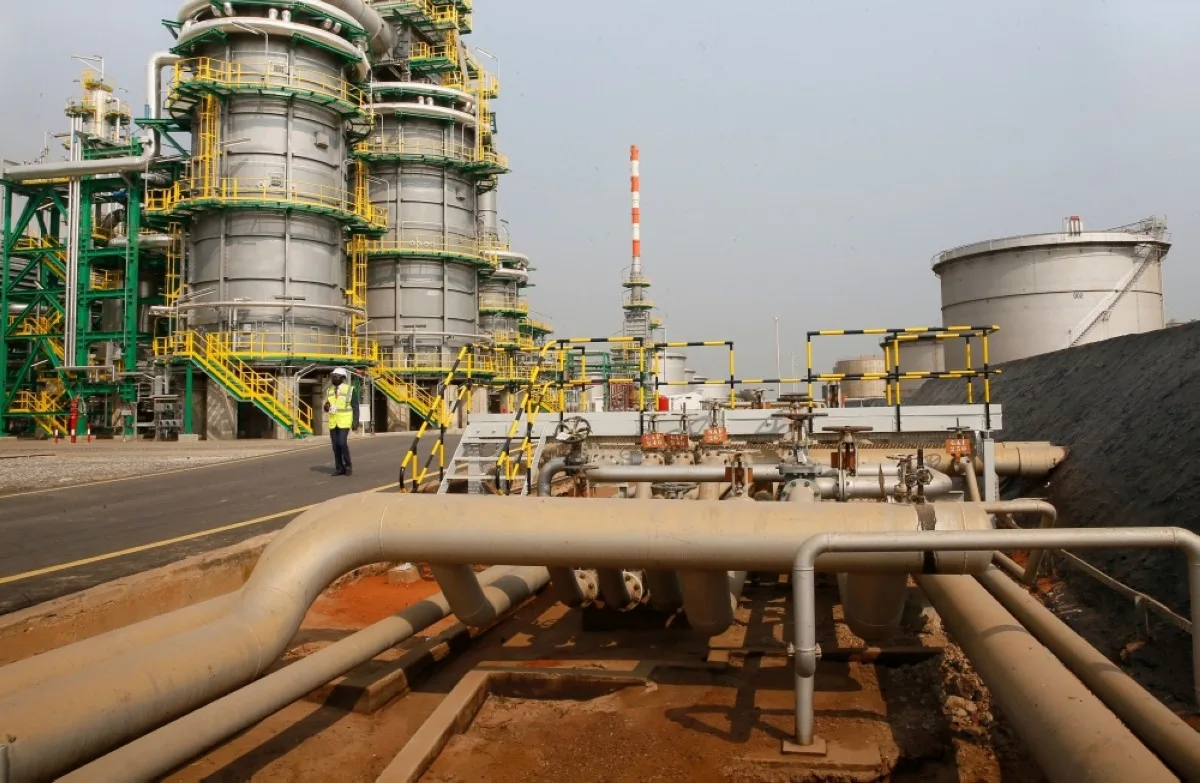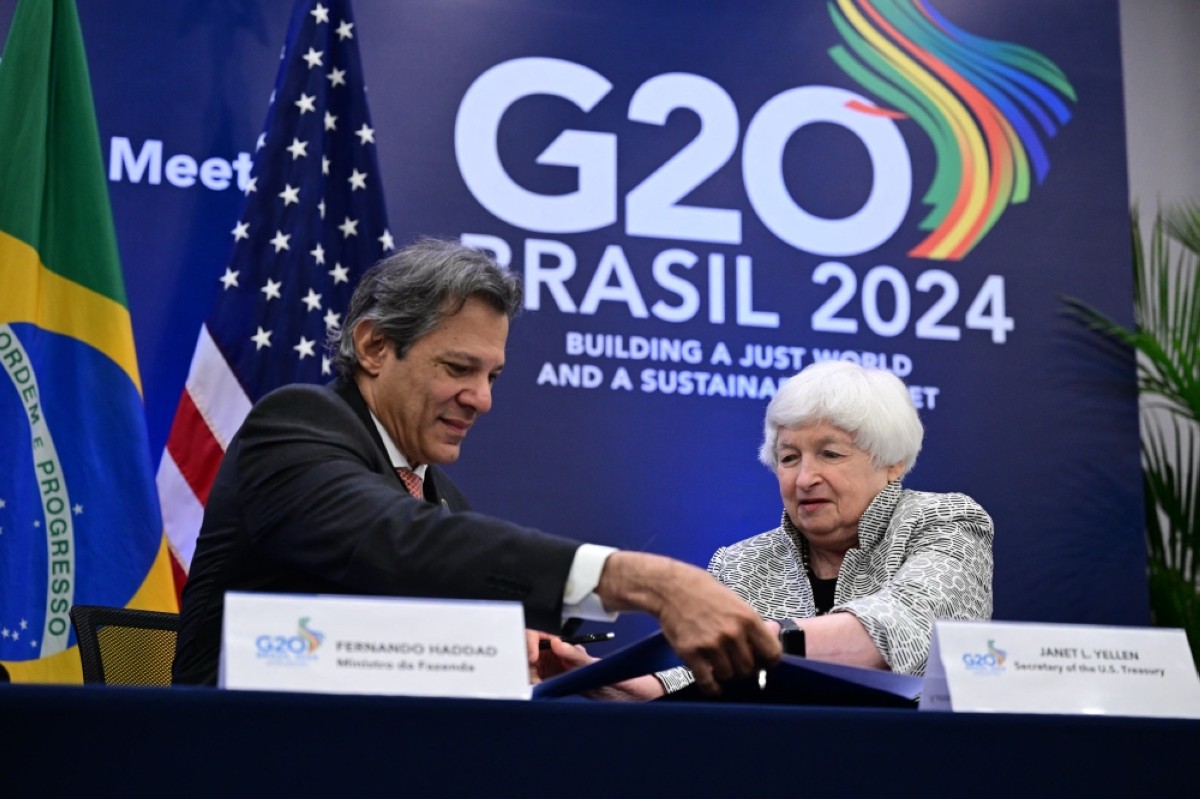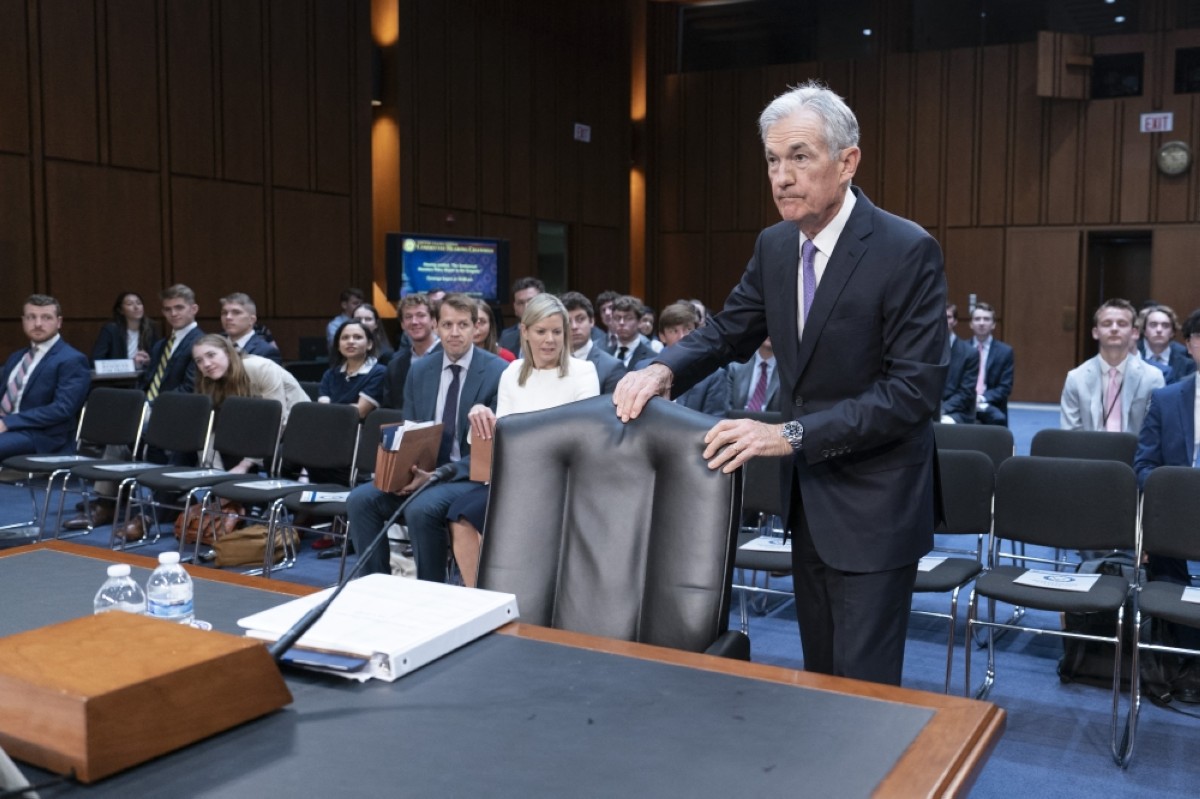Angola’s economic recovery halted in 2023, says IMF
WASHINGTON, DC: Angola’s economic recovery in 2021/22 was nearly halted in 2023 by a double shock in the first half of the year, as the oil sector weakened, and the debt moratorium ended.

Angola is Africa’s third-biggest oil producer. -- AFP.
Growth is estimated at 0.5 percent for 2023, with an estimated contraction in the oil sector of 6.1 percent and softened non-oil growth at 2.9 percent. Headline inflation increased significantly in 2023, to 20.0 percent y/y at end-December, driven by the depreciation of the kwanza and cuts in fuel subsidy in mid-2023, an IMF report said.
In response to the shock, the authorities tightened their fiscal stance in the second half of 2023, by cutting capital spending and related goods and services, and implementing the first phase of their fuel subsidy reform in June 2023, IMF Executive Board said concluding its Article IV consultation with Angola.
These policy measures resulted in overall and non-oil primary fiscal balances of -0.1 percent of GDP and -6.3 percent of GDP, respectively. Meanwhile, public debt-to-GDP is projected to have increased by 19 percent to about 84 percent of GDP in 2023, mainly driven by a significantly weaker exchange rate. The depreciation of the kwanza in June 2023 helped the economy adjust to lower oil exports and preserve international reserves, which remained at about 7 months of import coverage. The exchange rate has remained broadly stable since then.
Economic growth is projected to recover in the near-term, supported by improved oil production and the recovery in the non-oil sector. Inflation is expected to remain temporarily elevated in 2024 and to gradually decline thereafter, as the effects of the subsidy removal and the pass-through from nominal exchange rate depreciation diminish. Meanwhile, the primary fiscal balance is expected to improve and remain positive given the expected continuation of fuel subsidy reform; lower debt service starting in 2024; and the expected recovery in growth. Downside risks to the near-term outlook include a larger-than-expected decline in global oil prices and/or domestic oil production as well as a delayed implementation of the fuel subsidy reform. Upside risks would mainly stem from higher-than-expected oil prices.
Executive Directors agreed with the thrust of the staff appraisal. They recognized that Angola’s economic recovery was nearly halted in 2023, as the oil sector weakened, and the debt moratorium ended. At the same time, risks to the outlook remain high, including heavy dependence on the oil sector, debt and banking sector vulnerabilities, and uncertain market access. Against this background, Directors emphasized the need for continued fiscal consolidation and structural reforms, supported by technical assistance from the Fund and other development partners, to maintain macroeconomic stability and foster diversified, resilient, and inclusive growth, the report said.
Directors agreed that continued fiscal consolidation and reforms are critical to strengthen fiscal and public debt sustainability. They welcomed the continued reduction of fuel subsidies in the 2024 budget and stressed the importance of sound implementation accompanied by timely and effective communication and well targeted mitigation measures. Directors also urged the authorities to accelerate the implementation of fiscal structural reforms to enhance budget credibility and contingency planning, as well as to strengthen revenue mobilization, expenditure prioritization, and debt management, the report added.











